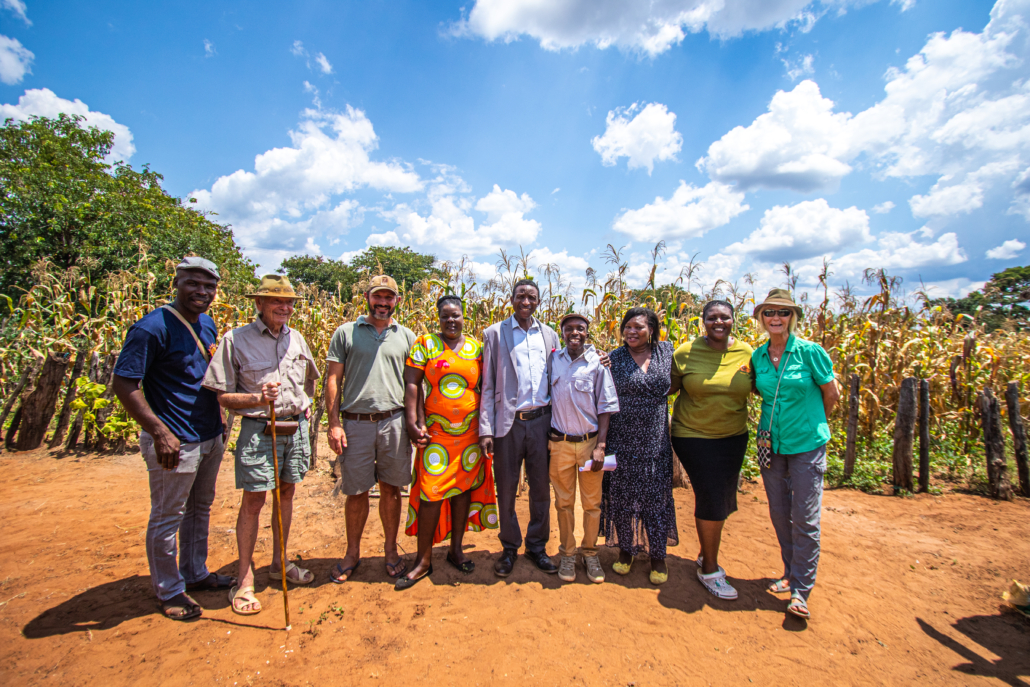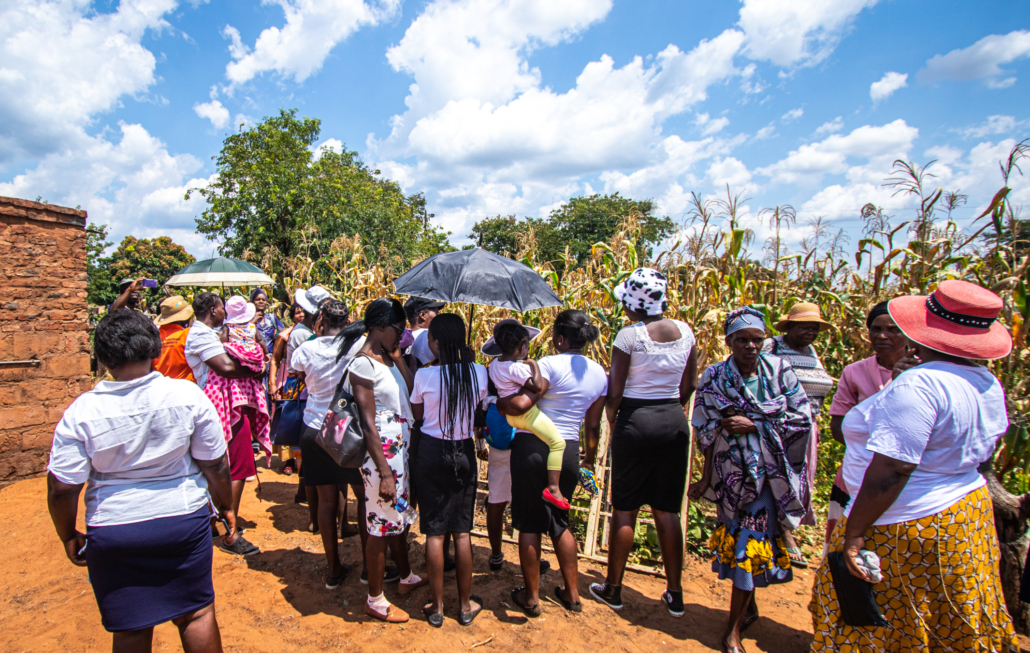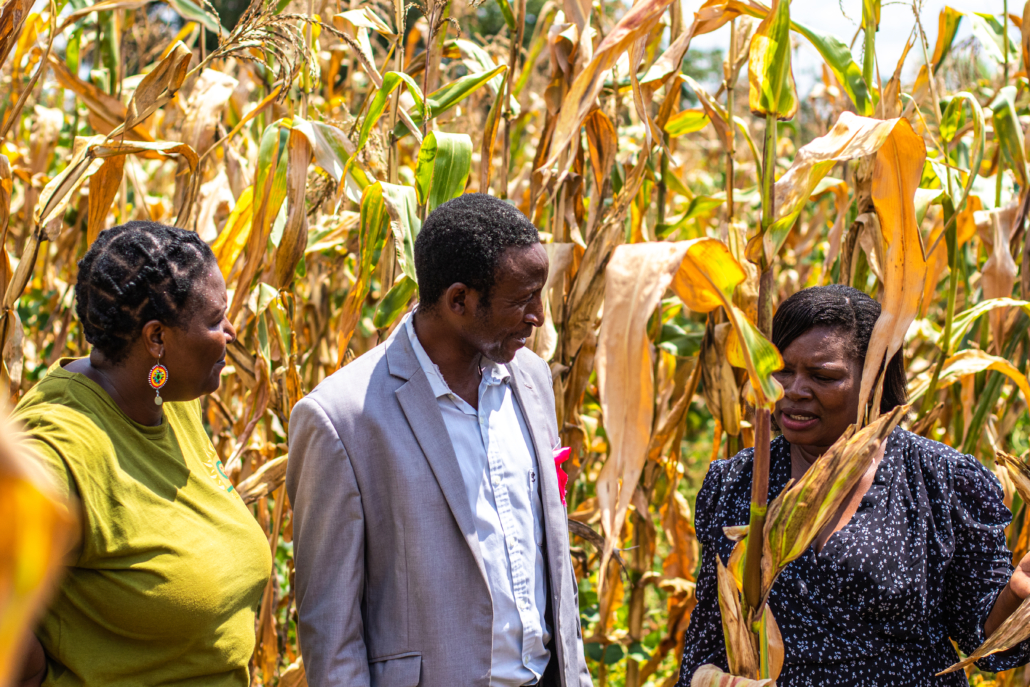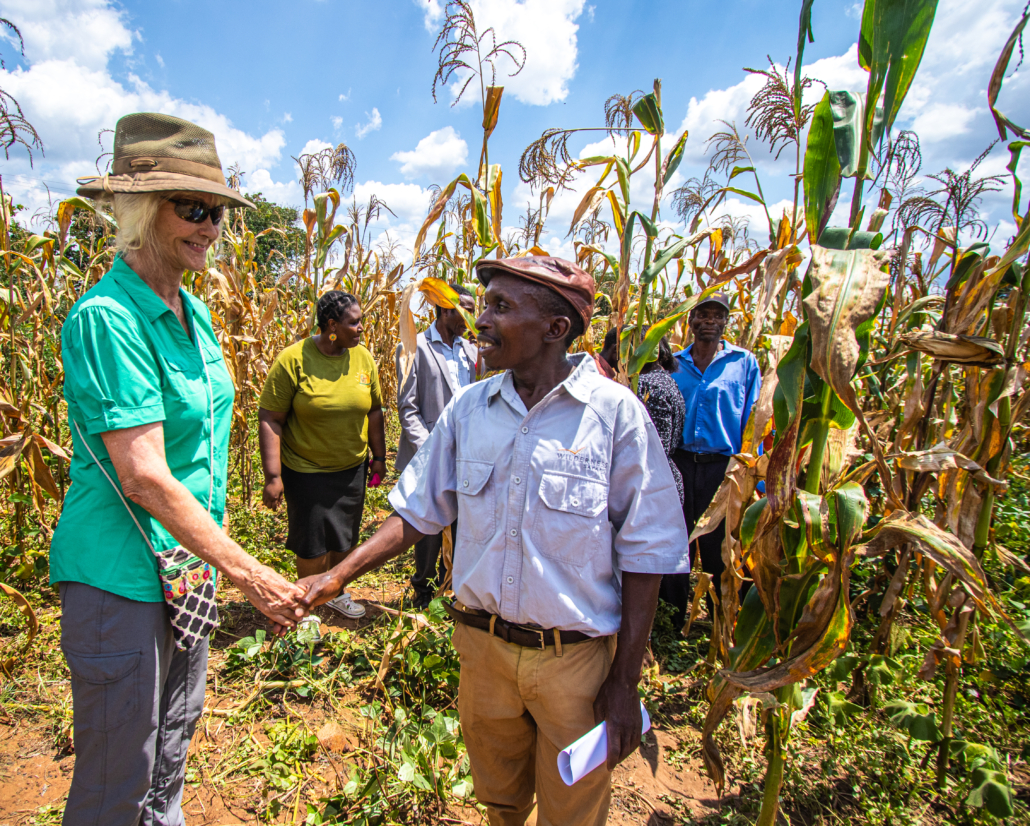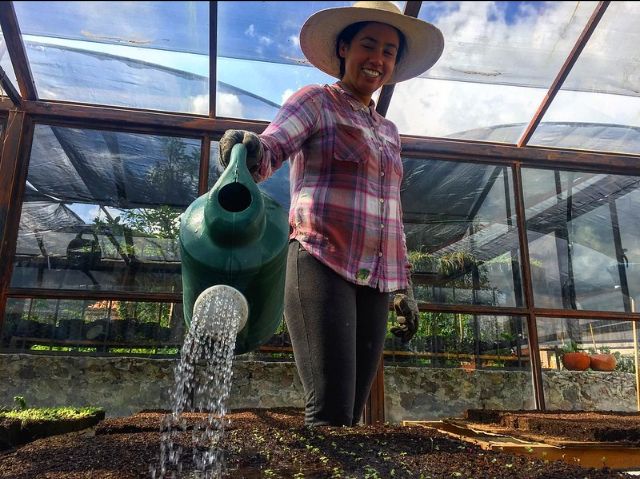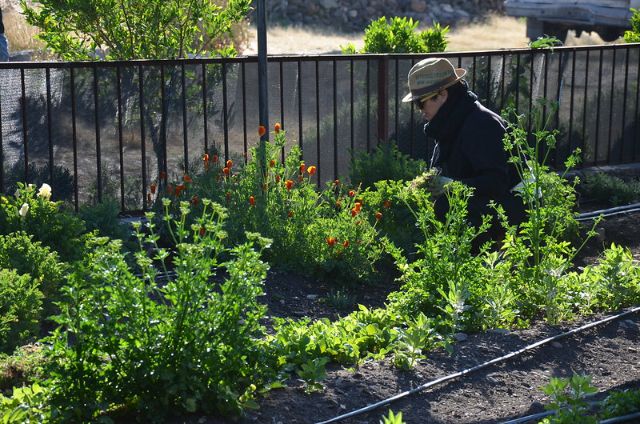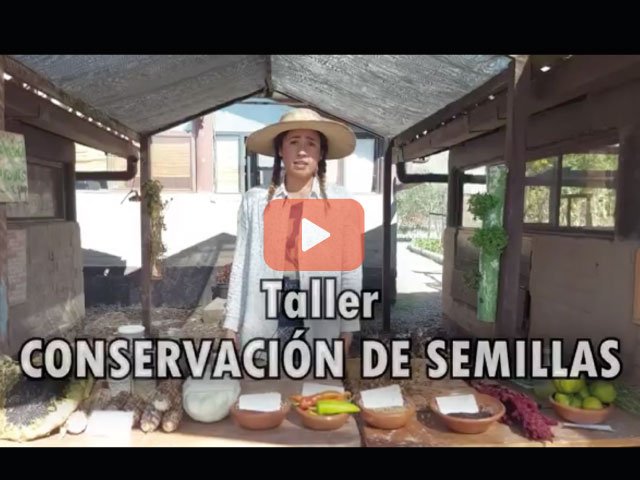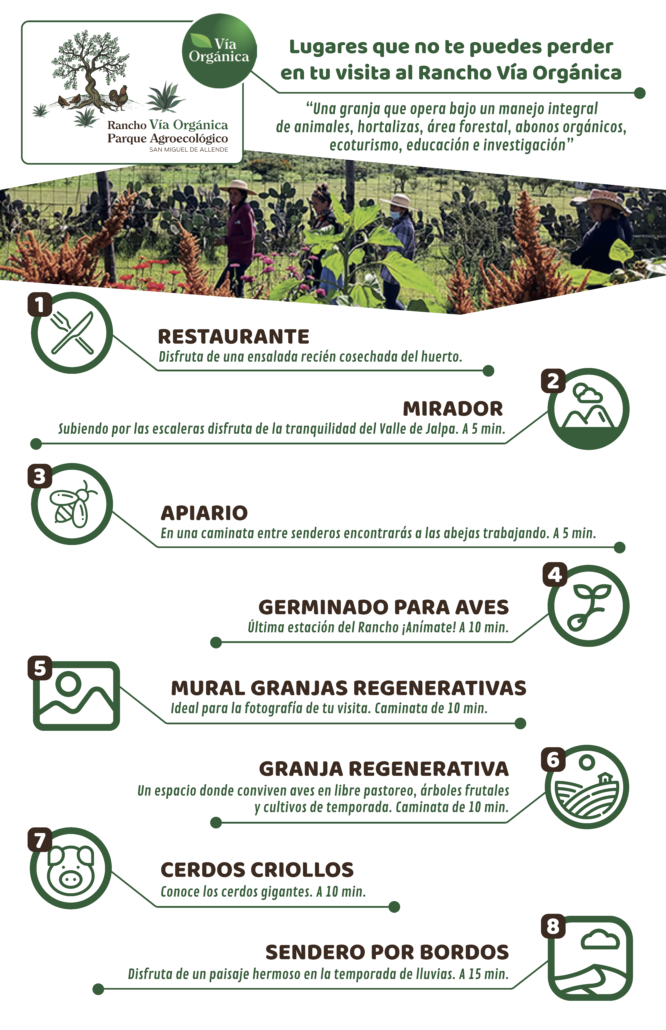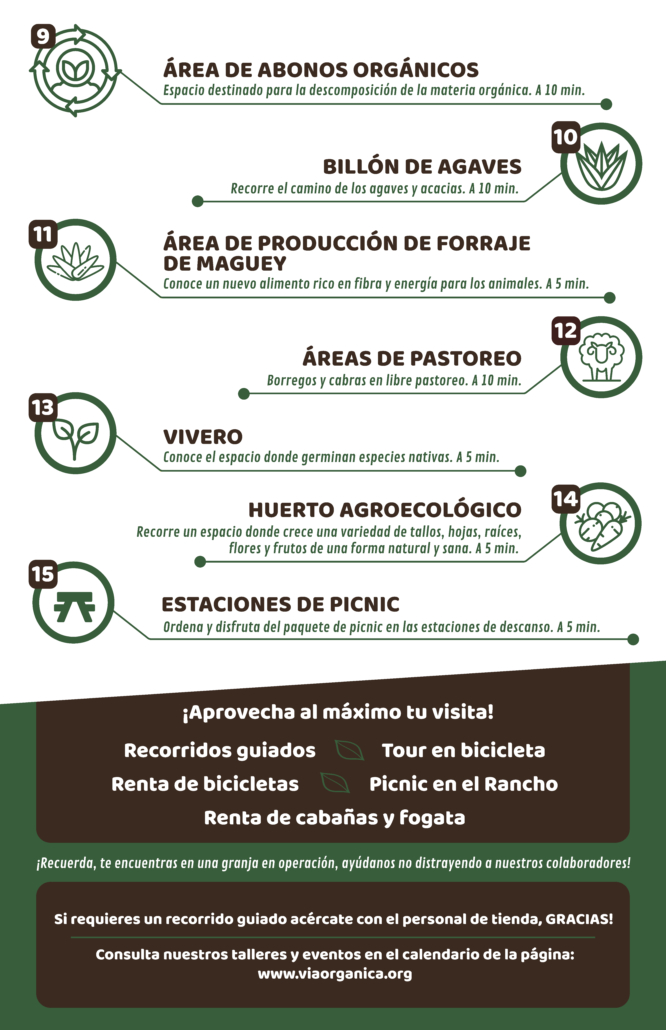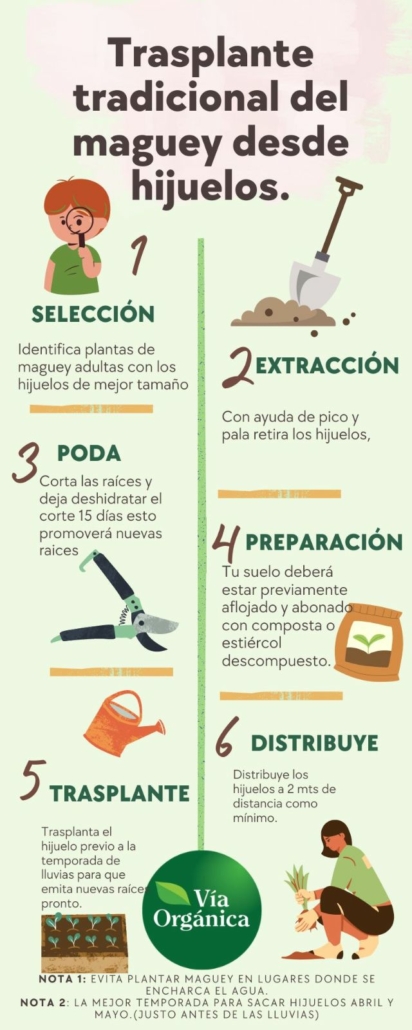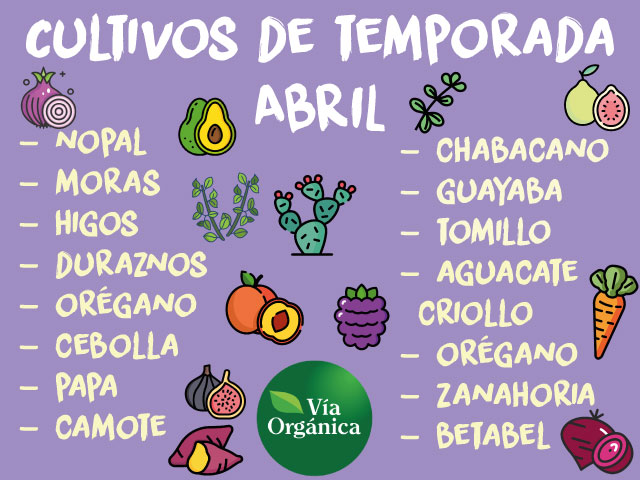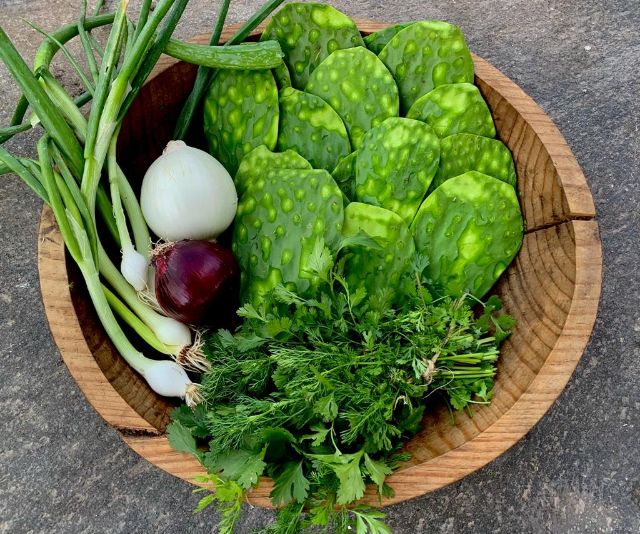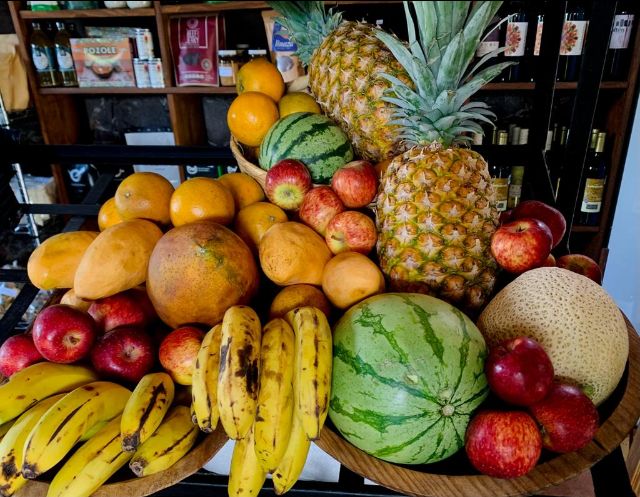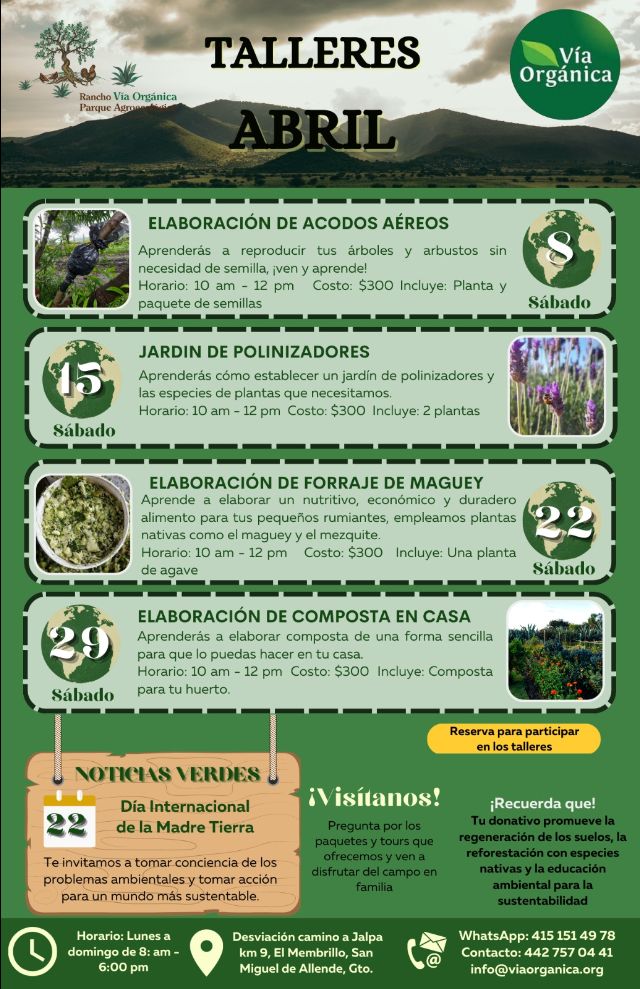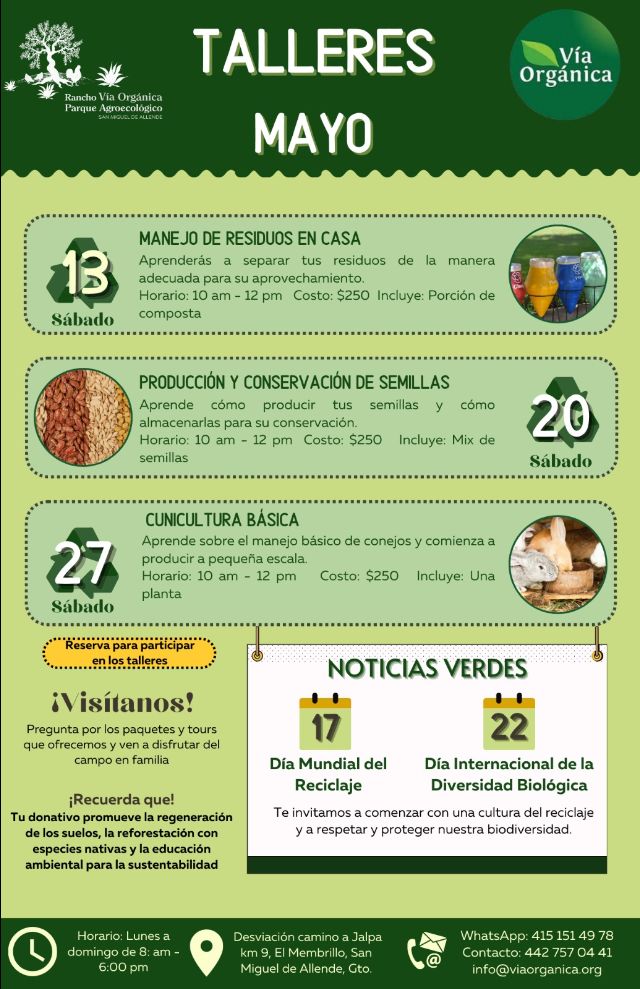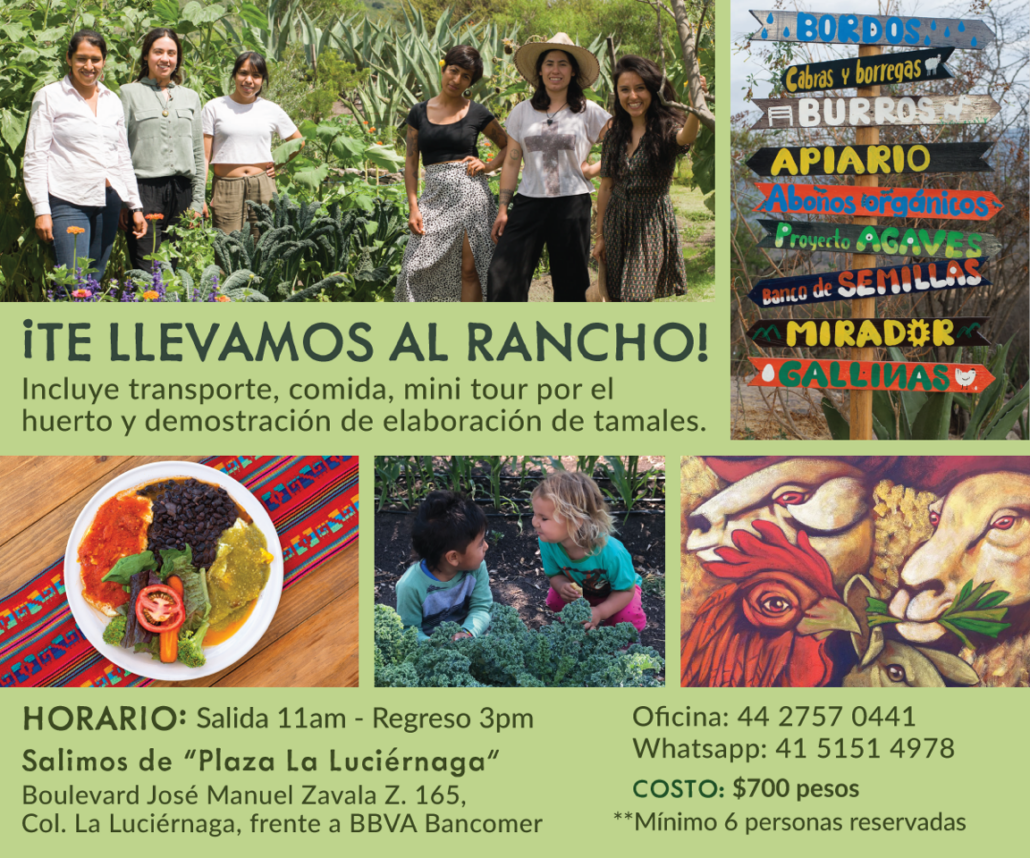This excerpt is from André Leu’s book Growing Life: Regenerating Farming and Ranching, and is reprinted with permission from the publisher.
A neighbor once asked me, “When are you going to spray out all your weeds?”
I replied, “Never, because we do not have any weeds. They are all cover crops that give us multiple benefits, such as increasing soil fertility, better water infiltration, and pest and disease control.”
Of course, he did not understand a word I said.
NATURE FIGHTS AGAINST BARE GROUND
Bare ground is the best way to encourage weeds, as most weeds are pioneer species. They rapidly germinate to cover disturbed and bare ground. Nature always regenerates disturbed soil by rapidly covering it with plants. Weeds are nature’s way of healing disturbed soil. Living plants feed the soil microbiome with the molecules of life so they can regenerate healthy soil.
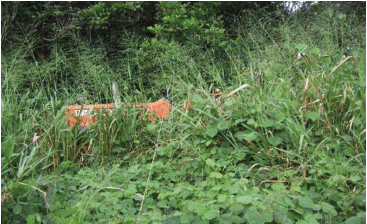
This is the cover crop on our farm after the summer rainy season. The mixture of grasses and legumes are around 10 feet (3 meters) high, producing tons of rich organic matter, nitrogen, and other nutrients— the molecules of life—to feed the soil microbiome and our cash crops. Our neighbors regard these as out-of-control weeds and wonder why we don’t spray to stop them from growing so we can have “nice bare ground.”
Our current weed management strategies are designed to fight this powerful force of nature, and they are the reason most farmers are constantly battling weeds.
Instead, we must learn to harness this powerful force of regeneration by turning weeds into cover crops that give us multiple benefits.
Covering ground is the best way to prevent weeds, and the most logical way to do this is with ground cover species that benefit our cash crop.
The Concepts of Mutualism and Synergy
We need to throw away simplistic, reductionist approaches to agriculture. The natural world is complex and dynamic.
The simplistic dogma that all plants other than the cash crop are weeds that compete with the crop and lower yields is not correct. This dogma originated more than 10,000 years ago in the neolithic age when farming first started. Science and technology have progressed considerably since then, yet, remarkably, mainstream industrial agriculture is still stuck in neolithic mythologies when it comes to weed management.
The current ecological and biological sciences show a very different picture. In many cases, plants are mutualistic and synergistic. Mutualism is where two species assist each other and both benefit. Synergy is when this benefit is greater than the sum of the whole. Instead of 1+1 = 2—the usual result of addition—in synergy, 1+1 = 3 or 4 or much more. The benefits of the species working together are significantly greater than simple reductionist monocultures. Examples of this will be given later in this chapter.
The current dogma on weed management has led to some of the most destructive practices in agriculture, resulting in massive soil loss, the decline in beneficial soil biology, and the residues of toxic chemicals in our food, bodies, water, air, and environment.
Standard agronomy says that all plants that are not cash crops are weeds because they are competing for nutrients and water and therefore lead to lower yields. But instead of taking the reductionist approach of “nuking” all weeds with either tillage or herbicides, we can take a holistic, ecological approach to managing them. We can turn them into beneficial cover crops that will improve our cash crops!
Avoid Bare Soil
Weeds can be one of the most significant problems in many farming systems, but weed management causes some of the biggest mistakes in agriculture.
Bare soil must be avoided as much as possible because it increases water loss through transpiration and leads to increased soil erosion due to wind and water. Significantly, bare soil wastes all the solar energy that falls onto it. Soils need to be covered with living plants as much as possible to avoid these problems.
Nature hates bare soil and will do its best to cover it with plants. When these plants are not our cash crop, farmers often regard them as weeds and perpetually fight them. Remember the basis of regeneration? When an ecosystem is disturbed, nature will regenerate it once the disturbance stops. Instead of fighting nature, let’s work with it to make this powerful force work for us.
Managing Weeds
There are numerous methods to manage weeds. Currently, the spraying of toxic herbicides is the main weed control strategy in industrial agriculture. This has replaced the range of methods used in the past. Those management systems were far broader than just tillage, however much of this knowledge has been lost to the current generations of industrial farmers.
A range of new methods is being used to manage weeds, based on the current understanding of plant physiology and ecology. These systems use applied agroecology to increase biodiversity to manage weeds.
This chapter will cover both the new and traditional methods of weed control. It is important to understand that regenerative farming is about weed management rather than weed eradication.
Regenerative farming not only develops an approach to minimize weed problems so that weeds do not adversely affect the crop; it can integrate weed management into the whole-of-farm management system so that weeds can become cover crops and insectaries to increase the yield and quality of the cash crop. (Insectaries are covered in Chapter 4.)
Two important concepts to introduce are cash crops and cover crops. Cash crops are those crops that can be sold, traded, or eaten as agricultural produce. Cover crops, or ground covers, are crops that are managed to increase soil fertility and health, resulting in higher yields and quality in the cash crop.
The best management systems convert weeds into useful ground covers that should be seen as cover crops. Cover crops generate numerous benefits for the main crops. We are turning weeds from plants that have negative impacts on our crops into plants that assist our crops. In fact, in our systems, the larger the weed, the more organic matter it can produce and, when properly managed, the more benefits it can generate for our soil and cash crops.
Keep reading about Weed Management with your own copy of Growing Life – available at the Acres U.S.A. Bookstore!
Original article in Eco Farming Daily


